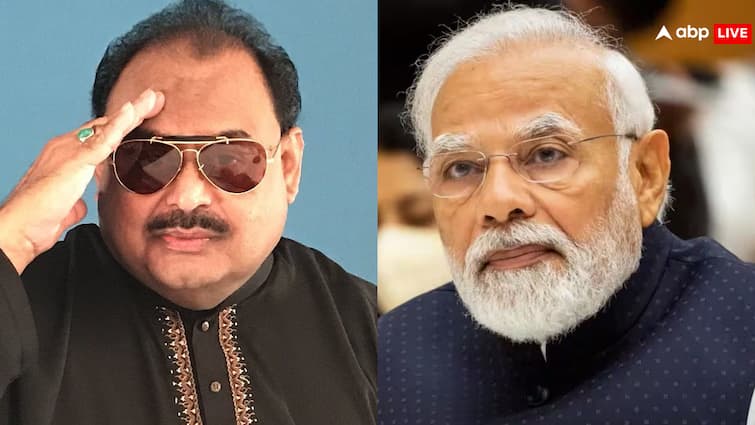Who is mqm leader altaf hussain: Amid the ongoing tension in Pakistan and India, Altaf Hussain, the exile leader of Pakistan and founder of Muttahida Qaumi Movement (MQM), has appealed to PM Modi to save the idioms. Muhajir is a Urdu-speaking Muslim who settled in Karachi city of Pakistan after India-Pakistan partition. He used to have a strong hold on the power of Pakistan, but now his condition has been bad for decades and he has to face discrimination and oppression.
Altaf Hussain appealed to PM Modi to protect the idioms in a London program. He said that PM Modi has supported the rights of Baloch people, which is a proper step and he should express support for the Muhajir community in the same way. The founder of the Muttahida Qaumi Movement also accused the Pakistani Army and said that more than 25,000 piracles have died and thousands have been disappeared in military action so far. He appealed to PM Modi to raise the voices of the idioms on the international stage.
Altaf Hussain demanded to give refuge in India
Altaf Hussain, who appealed to PM Modi to raise the voice of the idioms, demanded PM Modi to give shelter in India a few years ago. In November 2019, Hussain demanded a political refuge from PM Modi in India and said that he should be given shelter in India so that he could go to the graves of his ancestors buried in India. During that time, the UK police registered a case against him for spreading hatred and promoting terrorism. The Pakistani government has been constantly alleging that Hussain and his party are an agent of India’s intelligence agency Research and Analysis Wing (RAW).
Altaf Hussain was born in Karachi city
Altaf Hussain was born in 1953 in a middle class family in Karachi city of Sindh. His family was originally from Uttar Pradesh, which went to Pakistan after the partition of the country. He studied pharmacy from Karachi University, but his inclination was towards politics from the beginning. It was during his studies that he realized that the influence of the Muhajir community (Muslim migrants from India after partition) in Pakistan is gradually decreasing. While the time of Muhajir community played a major role in business, civil service and power, their position began to weaken by the end of the 1970s. The local Sindhi and the Punjabi community gradually started dominating their place.
Altaf Hussain established MQM party in 1984
In such an environment, Altaf Hussain came forward to lead the idioms and established the MQM party in 1984. The party got a lot of support from the people in Karachi and after three years the party won a big victory in the urban areas of Sindh. In Pakistan’s Parliament, National Assembly, MQM soon emerged as the third largest political party and then the party’s political dominance over Karachi for decades. Seeing this socio-political change, Altaf Hussain decided to raise his voice for the rights of the idioms and later he became a major face of Muhajir politics.
Altaf Hussain filed dozens of cases of murder and violence
There was a time when Altaf Hussain’s name in Karachi city became synonymous with panic and dominance. The whole city used to stop at one of his voice, as if curfew was imposed. The atmosphere of fear about his opponents was so deep that those who disagreed with him, their dead bodies were often found in sacks. In the 1980s, the ‘sack closed corpses’ became common in Karachi, causing police and security agencies to be alert. The situation became so serious that in the 1990s, dozens of cases of murder and violence were registered against Altaf Hussain.
Altaf Hussain had to leave Pakistan in 1992
In 1992, the situation deteriorated so much that Altaf Hussain had to leave Pakistan and took refuge in Britain. Earlier, there were many fatal attacks on him, in which he lost his brother and nephew and also injured himself. Britain gave him shelter and later found British citizenship.
Effect on Karachi from London
Even while in London, Altaf Hussain’s influence in Karachi remained intact. He used to give speeches through phone, address political meetings and also threatened opponents. After 2014, their influence gradually began to weaken. In 2015, he made a controversial statement, in which he said that India should be embarrassed on the plight of the idioms in Pakistan. This statement created a huge political stir.
Also read-
CRPF, who was spying for Pakistan, used to come to the account of the jawan every month, confessed in interrogation, said- ‘I got stuck …’

